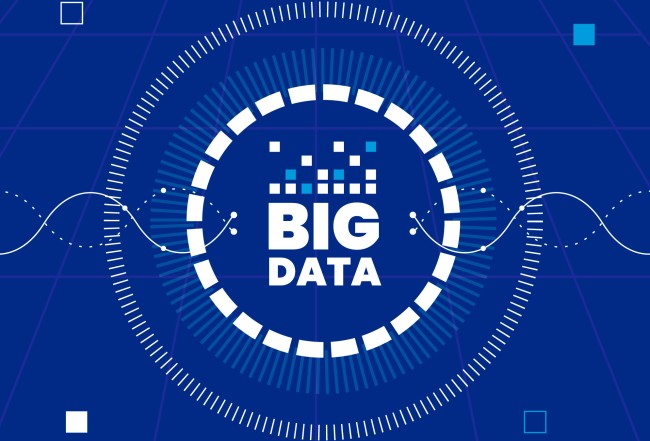Big Data Engineering, a field of immense significance in today’s scenario, is all about harnessing the power of data to make informed decisions, optimise processes, and drive innovation.
So, this guide takes you on a journey to learn about big data engineering courses, shedding light on crucial aspects such as course duration, training, and the best online options available.
Building Skills for Success
You need more than just theoretical knowledge to excel in Big Data Engineering. Practical training and hands-on experience are essential. This training equips you with the necessary skills and gives you the confidence to tackle real-world challenges.
Throughout big data engineer training, you’ll learn to work with massive datasets, process information efficiently, and build robust information pipelines. Additionally, you’ll gain proficiency in tools and technologies such as Hadoop, Spark, and SQL, which are the building blocks.
The Duration of a Course
One initial question that comes to mind when considering different educational programmes is, “How long does it take?” The big data engineer course duration of a significant data engineer course can vary depending on the program and the depth of knowledge it imparts.
On average, it may range from a few weeks to several months. Therefore, choosing a program that aligns with your goals and prior knowledge in the field is crucial.
The Convenience of Virtual Environment
Online educational programs have gained immense popularity due to their flexibility and accessibility.
If you’re wondering whether you can pursue a big data engineer course online, the answer is a resounding “Yes!” Many reputable institutions offer online programs tailored for individuals with diverse backgrounds and schedules.
This remote learning option allows you to learn at your own pace, making it easier to balance your current commitments while upskilling your knowledge.
Therefore, look for educational programmes that provide comprehensive resources, interactive assignments, and access to a supportive online community for a well-rounded learning experience.
Choosing the Best Curriculum
Selecting the best big data engineering course is crucial for your success. The “best” course can vary depending on your goals and circumstances. Here are some key factors to consider:
1. Course Content: Ensure the curriculum includes vital subject matter and introduces pertinent tools and technologies for your learning journey.
2. Instructor Expertise: Seek out programmes led by seasoned experts boasting a robust background in Big Data Engineering. Their valuable insights and guidance are priceless resources for your learning journey.
3. Certification: Evaluate whether the course provides a well-recognised certification upon completion. Such certification can significantly enhance your career prospects and validate your acquired skills.
4. Reviews and Reputation: Conduct thorough research by examining reviews and testimonials from previous students. This will enable you to assess the curriculum’s overall quality and effectiveness accurately.
5. Cost and Flexibility: Consider your financial resources and assess the course’s adaptability regarding scheduling and available payment options to make an informed decision.
Conclusion
Embarking on a journey into Big Data Engineering is an exciting and rewarding endeavour. The duration of your big data engineering courses, the quality of your training, and the choice of the best course all play a pivotal role in your success.
With online options, you can tailor your learning experience to fit your needs. As you dive into this career, remember that the field constantly evolves, and staying updated with the latest trends and technologies is essential.
So, explore the options and take the first step towards becoming a proficient engineer. Your future in this dynamic field awaits!
